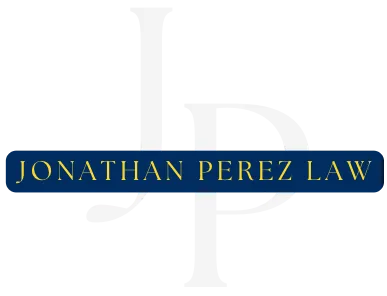Expungement Lawyer San Antonio, Texas
Clear Your Criminal Record with Expungement in San Antonio
Are you ready to leave your past behind and start fresh? An expungement in San Antonio can erase certain criminal records, giving you a clean slate. Whether you've been wrongfully accused or have a minor charge that's holding you back, a trusted San Antonio expungement attorney can help you navigate the legal process and regain control of your future. Don’t let old mistakes impact your career, housing, or personal opportunities—find out if you qualify for expungement under Texas law today.
What is Expungement in Texas?
Expungement, also known as expunction, is a legal process that permanently removes eligible criminal records from public access. Once your record is expunged, you are legally allowed to deny the existence of the charge in most situations, including job applications and housing inquiries. In Texas, expungement is available for specific cases, such as arrests that did not result in convictions, certain misdemeanors, and cases where charges were dismissed.
The Benefits of Expungement in San Antonio
Career Growth: Employers won’t see your criminal record, allowing you to pursue better job opportunities.
Housing Opportunities: Expunged records won’t show up in background checks conducted by landlords.
Personal Peace: Expungement gives you a chance to move forward without the stigma of a criminal past.
Legal Protection: You are legally allowed to deny the existence of an expunged record in most situations.
Take Control of Your Future with Expungement in San Antonio
Don't let a past mistake define your life. An experienced San Antonio expungement attorney can help you clear your record and take the first step toward a brighter future. Contact a trusted criminal defense lawyer today to schedule a free consultation and learn more about your options for expungement under Texas law.
Frequently Asked Questions
What is expungement in Texas?
Expungement is the legal process that allows individuals to completely erase a criminal record from public view. After expungement, all records related to the arrest, charge, or conviction are removed from public databases, and individuals can legally deny the existence of the record in most situations.
Who is eligible for expungement in Texas?
Eligibility for expungement in Texas typically includes:
Cases that were dismissed or resulted in no-bill by a grand jury.
Acquittals (if found not guilty in court).
Certain deferred adjudication cases that were completed successfully without a conviction.
Individuals whose charges were dropped before trial, as long as there was no conviction.
Certain serious offenses, such as violent crimes, sexual offenses, and some felonies, may not be eligible for expungement.
What is the difference between expungement and non-disclosure?
While both processes help remove or hide criminal records, expungement completely removes all records from public access, as if the arrest or conviction never happened. Non-disclosure, on the other hand, seals the record from most employers or landlords but does not erase it entirely, meaning certain agencies (like law enforcement) can still access it.
What does expungement do to my criminal record?
After expungement, your criminal record is erased from public databases, and you can legally deny the arrest or conviction when asked. It does not show up in background checks for employment, housing, or loans. However, certain government agencies, such as law enforcement or licensing boards, may still have access to your records in some situations.

FOLLOW US
COMPANY
CUSTOMER CARE
LEGAL
Copyright 2024. The Law Office of Jonathan Perez, Injury Attorney. Tailored Solutions by KnightNexus

Instagram
LinkedIn